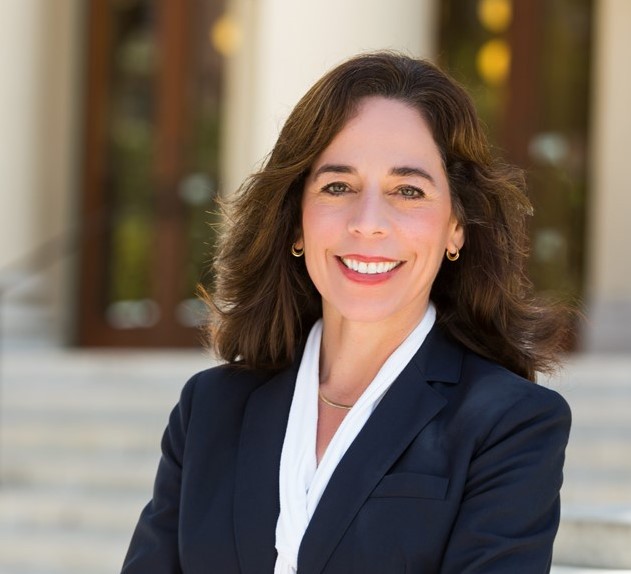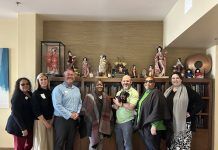By Mara W. Elliott
Holding accountable landlords who subject their tenants to unsafe or unhealthy living conditions is a priority for my Office.
We’ve found that many of these tenants are vulnerable: they’re often elderly, disabled, living on fixed incomes, or one step removed from homelessness. They often know their homes are unsafe, but they’ve compromised their well-being to keep a roof over their heads. If moving to a new place was easy, they’d have done it already.
My Office has a unit devoted to using state and local laws to force unscrupulous landlords to make their properties safe.
Here’s how it works. If code enforcement inspectors or other City staff, like building or fire officials, determine that substandard housing conditions exist at a property, the owner is given the opportunity to comply with the law.
Some landlords will voluntarily bring their property up to code – fixing leaks, repairing holes in roofs and walls, securing exposed electrical wires, and more. When they refuse, City staff can refer the matter to my Office’s Nuisance Abatement Unit (NAU). My Office also receives referrals directly from the community. NAU may then force compliance through the courts.
When tenants must relocate for their own safety, a Victim Service Coordinator in my office steps in and provides housing resource assistance. If a property owner refuses to pay relocation benefits when ordered to do so, as state law requires, then the City may advance relocation benefits to the tenants and later recover the amount from the property owner. In the most egregious cases, we petition for a court-appointed receiver to take over the property until it is safe.
This recently happened with a six-story downtown building that housed more than 80 residents. Conditions at the C street Inn were so dangerous that the Fire-Rescue Department ordered the building immediately vacated and closed. Even then, some tenants were reluctant to leave. The landlord offered them reduced rent to remain in a building that lacked, among things, proper fire sprinklers and emergency exits.
The relocation of tenants living at the C Street Inn was by far the most extensive my office has attempted, and it took time for the San Diego Housing Commission to find everyone new places to live due to San Diego’s tight rental market.
These challenges only make my Office more determined to help individuals at risk of fire, disease, or injury, or who are without necessities like heat and running water. No one wants to see a repeat of the “ghost ship” fire in Oakland, where a warehouse that was illegally converted into living spaces went up in flames, killing 36 people.
We have intervened in other troubling situations:
• In San Ysidro, 24 people lived with roaches, rats, mold, and unsafe electrical wiring in buildings constructed illegally on the site of an old motel. My Office successfully relocated these renters, including families with children, and a new owner is working with the city to rehabilitatethe property.
• In Redwood Village, 11 elderly disabled people lived in deplorable conditions — a home infested with rodents and smelling of urine where they were denied access to the kitchen and had no telephone. Though the property owners moved seven tenants to another home they owned in Otay Mesa, under equally bad conditions, all were eventually removed to safety.
• Near Chollas Creek, seven Congolese refugee families lived in run-down apartments with mold, rodents, roaches, inadequate sanitation, and dangerous electrical connections. The property owners were charged with 10 criminal counts and made to pay for the families’ relocation.
These are just a few examples of my office’s ongoing commitment to protecting the most vulnerable among our City’s residents.
When people are unable to improve their housing situation, we can and will step in to ensure they are safe and treated with the dignity they deserve.
If you know of a substandard housing situation in the City of San Diego, where conditions present a danger to the health and safety of the residents, please contact Code Enforcement at https://www.sandiego.gov/development-services/codeenforcement.
Elliott is San Diego City Attorney.














